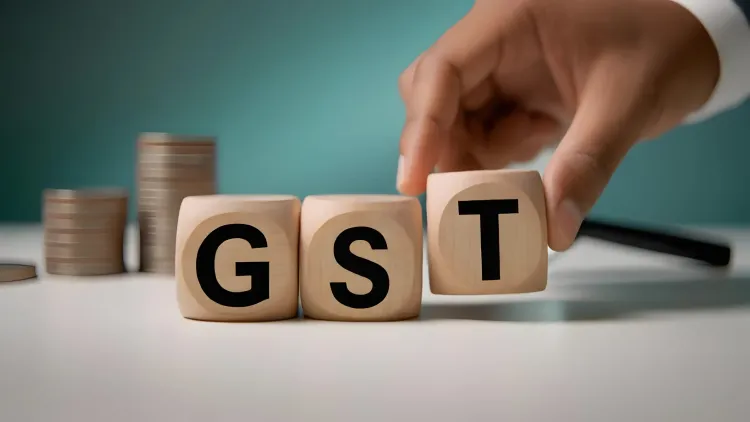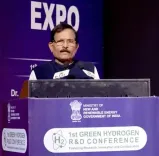Will PV Sales Growth Reach 7% by FY27 with Price Cuts?

Synopsis
Key Takeaways
- GST reforms will lower vehicle prices by 3.5% to 13%
- Projected growth rate of 7% by FY27
- Inquiries have risen by 15% since GST announcements
- Small SUV segment expected to grow significantly
- New pricing effective from September 22
New Delhi, Sep 12 (NationPress) Prominent automobile manufacturers in India, Maruti Suzuki and Hyundai Motor India, have expressed optimism about a rebound in vehicle sales due to Goods and Services Tax (GST) adjustments that could lower car prices by 3.5–13 percent, coinciding with festive demand.
Maruti Suzuki, the country's largest carmaker, anticipates that the auto sector will achieve a sustainable growth rate of 7 percent by FY27, aided by the decrease in car prices.
During a SIAM event in the capital, Partho Banerjee, the senior executive officer for marketing and sales at Maruti Suzuki, noted a 15 percent increase in inquiries since August 15, following Prime Minister Modi's indication of GST rate adjustments.
Banerjee stated that the GST reduction has led to a 3.5 to 8.5 percent drop in prices across their entire range, from compact cars to larger vehicles.
“In India, car ownership is at 34 cars per 1,000 inhabitants, compared to 700-800 cars per thousand in developed nations. If this figure rises to 44 per 1,000, there is significant potential for growth,” he remarked.
Additionally, the income tax relief for individuals earning up to Rs 12 lakh and the effects of repo rate cuts could enhance disposable income and reduce EMIs.
On the other hand, Hyundai Motor India projects that its small SUV segment will experience the most substantial growth following the GST changes. Tarun Garg, the company’s Whole-Time Director and Chief Operating Officer, mentioned that price reductions will reach 11-13 percent for small cars and 3-10 percent for larger models.
Hyundai announced that the price of the Exter will drop by up to Rs 89,209, the Venue by up to Rs 1.23 lakh, and the Creta by up to Rs 72,145, with new pricing to take effect on September 22.
The revised structure has eliminated the compensation cess, establishing two GST categories for internal combustion vehicles: 18 percent for smaller models and 40 percent for larger and luxury cars. Previously, all internal combustion engine (ICE) vehicles were subject to a 28 percent GST plus a compensation cess ranging from 1-22 percent, based on length, engine capacity, and body type.
IANS
aar/









